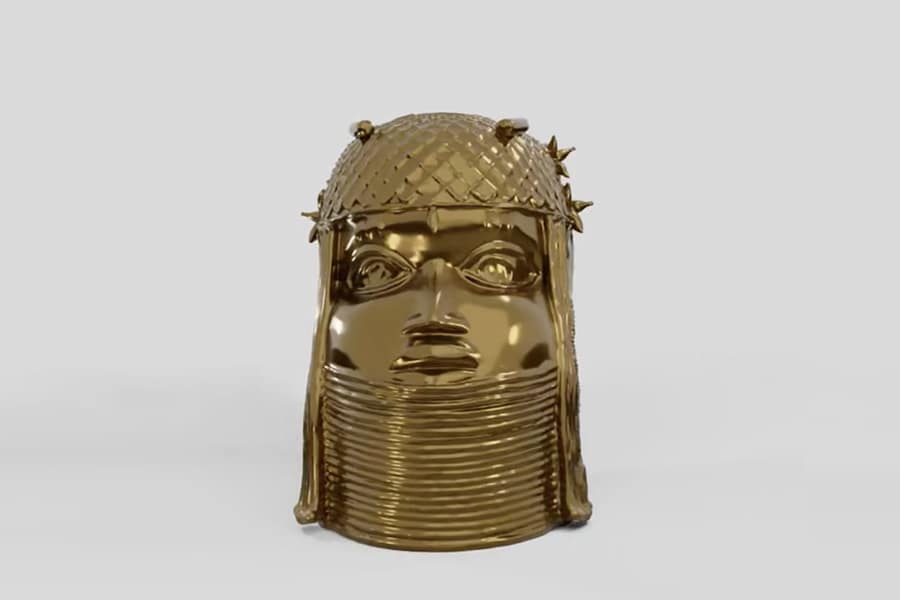
Can NFTs help reclaim Africa's looted cultural heritage?
The restitution of African cultural heritage is still in its early stages. Many previously looted countries are still struggling to recover their cultural heritage. A situation that the NFT project "Looty" hopes to help remedy
 The Looty collective has decided to reclaim looted African art in NFT form. (Credits: Courtesy of Looty)
The Looty collective has decided to reclaim looted African art in NFT form. (Credits: Courtesy of Looty)
The restitution of cultural property looted during the colonial era continues to be a controversial issue. If countries like France and the Netherlands are stepping up initiatives in this field, many previously looted countries are still struggling to recover their cultural heritage. A situation that the NFT project "Looty" hopes to help remedy.
November 28, 2017, Emmanuel Macron, pledged to pave the way for the temporary or permanent restitution of African cultural heritage in France within five years. "I cannot accept that a large part of the cultural heritage of several African countries is in France," the French president said in a speech at the University of Ouagadougou, the capital of Burkina Faso. "There are historical explanations for this, but there is no valid, lasting and unconditional justification. African heritage cannot be only in private collections and European museums."
Four years later, 26 works of art from the royal treasures of Abomey were returned to the Republic of Benin, finally returning to their land of origin after nearly 130 years away. They had been looted in November 1892, when an expeditionary force led by Colonel Dodds entered Abomey, the capital of the kingdom of Danhomè located in the south of the current African country. These artifacts were then donated to the Musée d'Ethnographie du Trocadéro in the 1890s, before joining the collection of the Musée du Quai Branly - Jacques Chirac in 2003.
Step into the "lootyverse"
However, the restitution of African cultural heritage is still in its early stages. A 240-page report from academics Bénédicte Savoy and Felwine Sarr estimates that 90,000 works looted from sub-Saharan Africa during the colonial era are currently held in French public collections. Many others are exhibited in British, Dutch and American museums.







